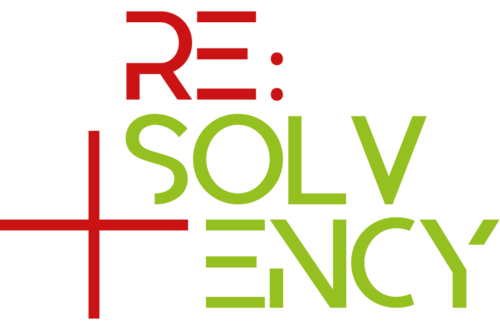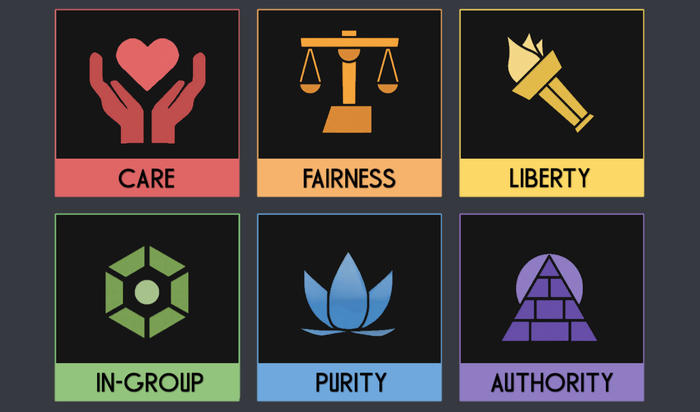THEORETICAL FRAMEWORK
Our reconstruction of insolvency law as reflexive debt deliberation relies particularly on three theoretical models: legal constitutionalism (or transformative law), a discursive normative grammar (DNG) structure of deliberation and the idea of reflexive sustainabilities.
Transformative Constitutionalism
‘Legal constitutionalism’ maintains that law constitutes economic as well as other social institutions enabling institutional varieties of political economies. Law generates social reflexivity by coupling diverse functional (economic, political, cultural, ecological) rationalities. Given its basic constitutive and reflexive character, law could not only transform social relations and social orders (including political economies) but as well world relations and rationalities. Law is essentially transformative. Within the RESOLVENCY project the theory of ‘transformative law’ enables to reconstruct legal debt regulation as reflexive social mechanism.
Discursive Normative Grammar
The ‘discoursive normative grammar’ (DNG) method enfolds a two-dimensional dialectical structure of basic values underlying legal argumentation. The system of value coordinates is grounded in universal social structures yet not innate human imperatives (as dominant moral psychology value theory claims). DNG analyses allow e.g. for novel structural comparisons of different legal orders and the reconstruction of political economy paradigms. Successful transfer to different legal domains (e.g. contract, property, insolvency) indicates that the DNG model is more broadly applicable to analyze normative dimensions of social ordering. Within the RESOLVENCY project DNG methodology enables inter alia a novel classification of insolvency paradigms.
Reflexive Sustainabilities
A further methodological cornerstone of the project is a genuine sustainability theory. Here, sustainability is understood as system viability. Within a diversity of (social) spheres the model maintains a system specific sustainability as core normative foundation of every social system (economic, political, cultural, ecological). System specific ‘sustainabilities’ could conflict with each other as well as with diverse sustainabilities of natural systems. A reflexive approach is needed to balance different natural and social system normativities. Within the project the reflexive sustainabilities model enables inter alia a comparative sustainable debt index.
Project Funding

Funded by the European Union (ERC, RESOLVENCY, No. 950427). Views and opinions expressed are, however, those of the author(s) only and do not necessarily reflect those of the European Union or the European Research Council Executive Agency. Neither the European Union nor the granting authority can be held responsible for them.




